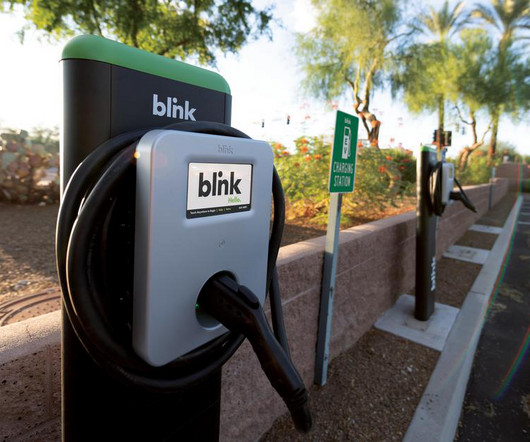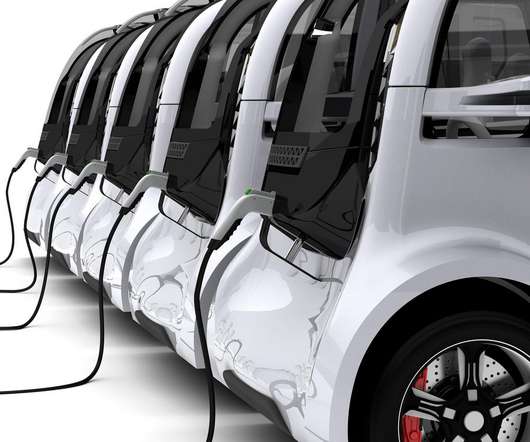Russian Railways, Sinara Group and RUSNANO to develop hydrogen fuel cell mainline locomotives
Green Car Congress
JUNE 21, 2021
Russian Railways, RUSNANO and the Sinara Group signed an agreement to cooperate on the development of mainline locomotives using a power plant based on hydrogen fuel cells together with lithium-ion batteries. Russian Railways accounts for less than 1% of Russia’s total volume of greenhouse emissions.












Let's personalize your content